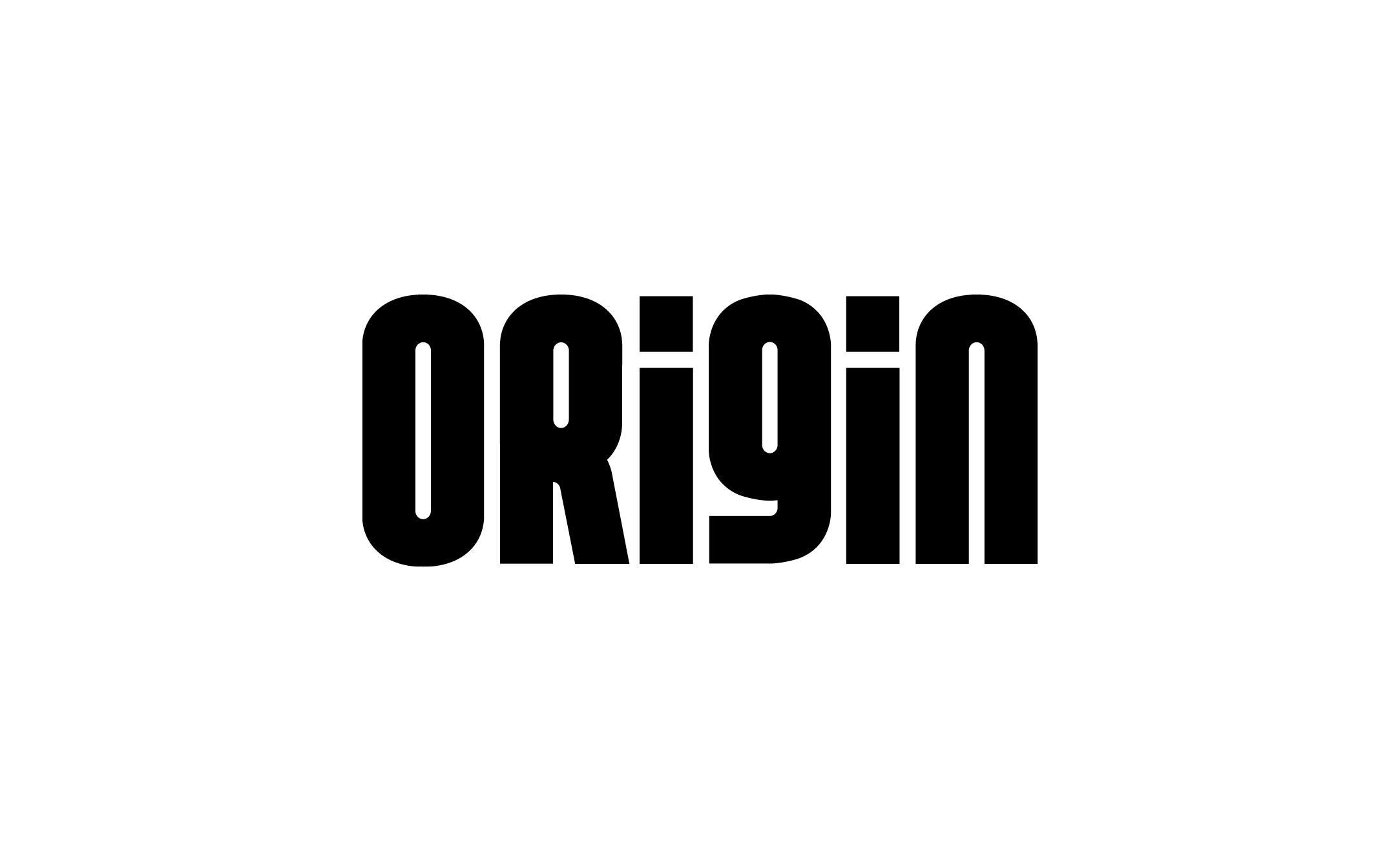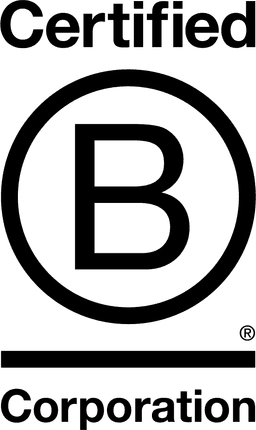

Origin Coffee

1.6
Cornwall, United Kingdom
July 2020
Food products
Manufacturing
United Kingdom
Honest. Driven. Committed. For twenty years, Origin has steered the UK’s speciality coffee scene with integrity and quality at the heart of every decision. Operating since 2004, today, as one of the longest-standing speciality coffee roasters on UK shores (and winner of Europe’s Best Speciality Coffee Roaster 2023), Origin remains true to one central ethos: to source exceptional coffee through a sustainable, triple bottom line approach. This means working, wherever possible, directly with coffee producers around the world, operating a direct trade model, led by previous World Cup Taster champion and Q-grader, Freda Yuan, who develops successful long-term partnerships, championing, supporting, and celebrating the terroir, the people, and the future of mindful speciality coffee. Roasting on lower emission Loring Smart Roasts, their coffee is supplied to some of the leading lights of UK hospitality, from award-winning speciality coffee shops to prestigious hotel groups. With a transparent approach to their mission and values, the business – which is headquartered in Porthleven, with a growing portfolio of locations that includes London and Bristol – understands that growth comes with the chance to talk about challenges, and learn from them.
Overall B Impact Score
Governance 15.4
Governance evaluates a company's overall mission, engagement around its social/environmental impact, ethics, and transparency. This section also evaluates the ability of a company to protect their mission and formally consider stakeholders in decision making through their corporate structure (e.g. benefit corporation) or corporate governing documents.
What is this? A company with an Impact Business Model is intentionally designed to create a specific positive outcome for one of its stakeholders - such as workers, community, environment, or customers.
Workers 26.5
Workers evaluates a company’s contributions to its employees’ financial security, health & safety, wellness, career development, and engagement & satisfaction. In addition, this section recognizes business models designed to benefit workers, such as companies that are at least 40% owned by non-executive employees and those that have workforce development programs to support individuals with barriers to employment.
Community 27.2
Community evaluates a company’s engagement with and impact on the communities in which it operates, hires from, and sources from. Topics include diversity, equity & inclusion, economic impact, civic engagement, charitable giving, and supply chain management. In addition, this section recognizes business models that are designed to address specific community-oriented problems, such as poverty alleviation through fair trade sourcing or distribution via microenterprises, producer cooperative models, locally focused economic development, and formal charitable giving commitments.
What is this? A company with an Impact Business Model is intentionally designed to create a specific positive outcome for one of its stakeholders - such as workers, community, environment, or customers.
Environment 24.3
Environment evaluates a company’s overall environmental management practices as well as its impact on the air, climate, water, land, and biodiversity. This includes the direct impact of a company’s operations and, when applicable its supply chain and distribution channels. This section also recognizes companies with environmentally innovative production processes and those that sell products or services that have a positive environmental impact. Some examples might include products and services that create renewable energy, reduce consumption or waste, conserve land or wildlife, provide less toxic alternatives to the market, or educate people about environmental problems.
What is this? A company with an Impact Business Model is intentionally designed to create a specific positive outcome for one of its stakeholders - such as workers, community, environment, or customers.
Customers 2.1
Customers evaluates a company’s stewardship of its customers through the quality of its products and services, ethical marketing, data privacy and security, and feedback channels. In addition, this section recognizes products or services that are designed to address a particular social problem for or through its customers, such as health or educational products, arts & media products, serving underserved customers/clients, and services that improve the social impact of other businesses or organizations.